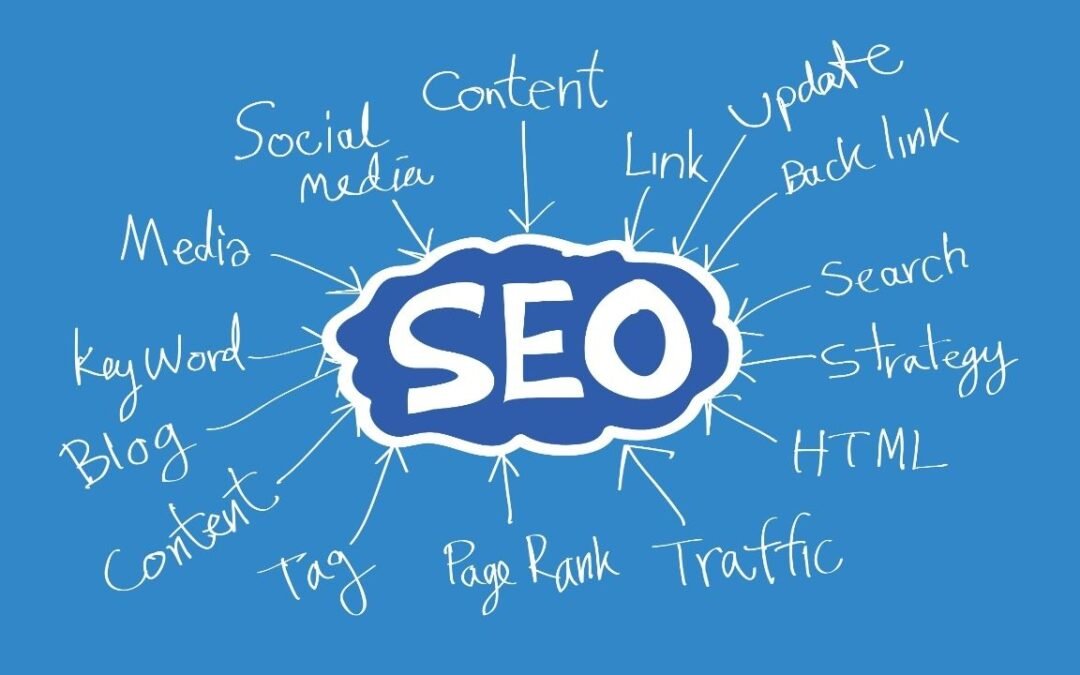SEO (Search Engine Optimization) is the process of improving the visibility of a website or web page on a search engine’s unpaid results. This is often referred to as “organic” or “natural” results, as opposed to paid advertising. The goal of SEO is to improve a website’s ranking on a search engine’s results page (SERP), which can help increase the visibility and credibility of a website.
There are several factors that search engines consider when determining a website’s ranking, including the quality and relevance of the website’s content, the structure and organization of the website, and the number of other websites that link to the website.
To improve your search engine rankings, you can take the following steps:
- Conduct keyword research: Identify the keywords and phrases that your target audience is using when searching for products or services like yours. Then, incorporate these keywords into your website’s content in a natural and relevant way.
- Optimize your website’s content: Create high-quality, relevant, and engaging content that provides value to your audience. This can include blog posts, articles, videos, and other types of content that is optimized for search engines.
- Improve the structure and organization of your website: Make sure your website is easy to navigate and organized in a way that is logical and intuitive for users. This can help improve the user experience and make it easier for search engines to crawl and index your website.
- Build high-quality backlinks: A backlink is a link from another website to your website. Search engines view backlinks as a vote of confidence in your website, so the more high-quality backlinks you have, the better your website will rank. You can build backlinks by creating valuable content that other websites want to link to, or by reaching out to other websites and asking them to link to your content.


